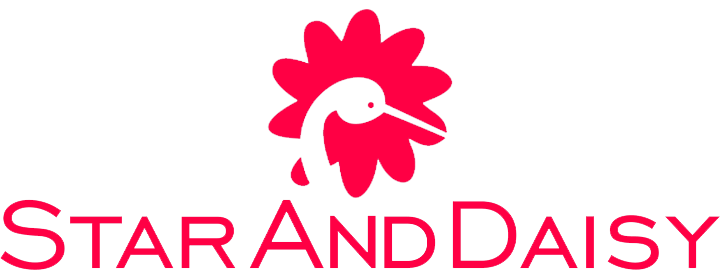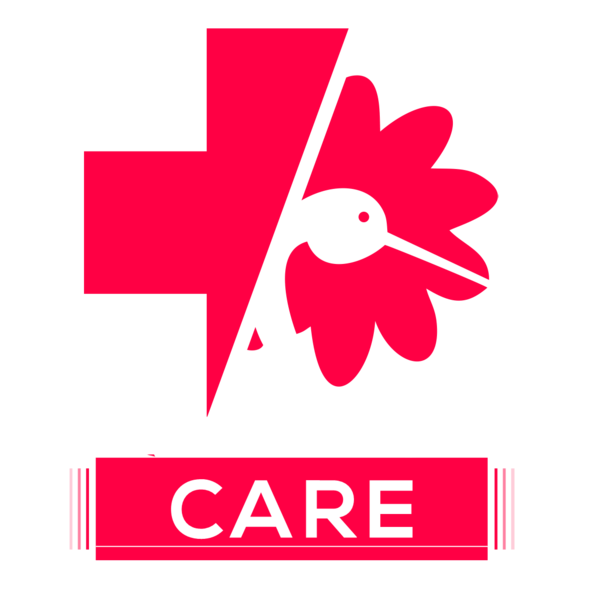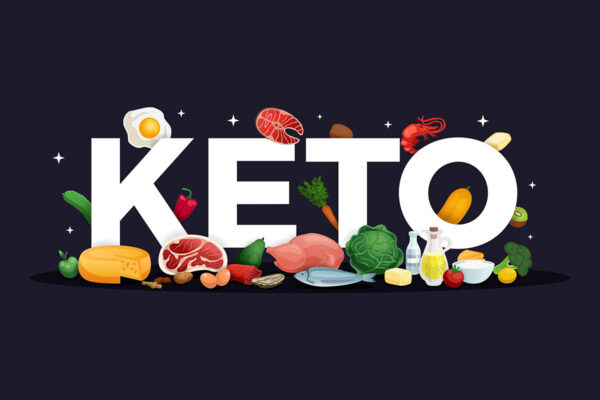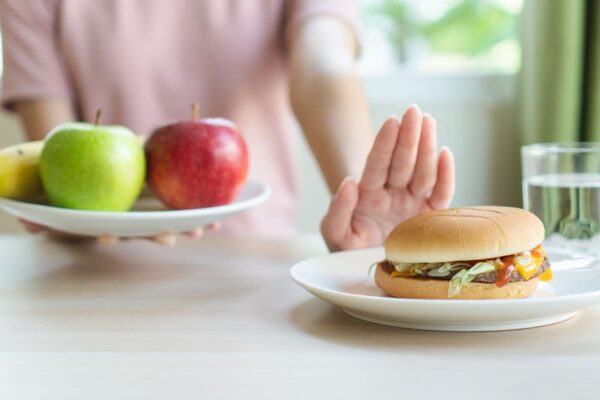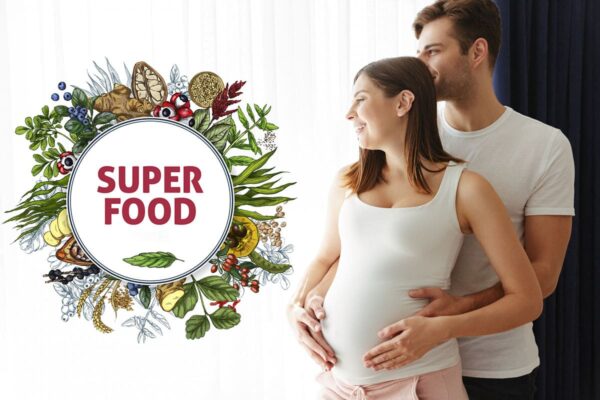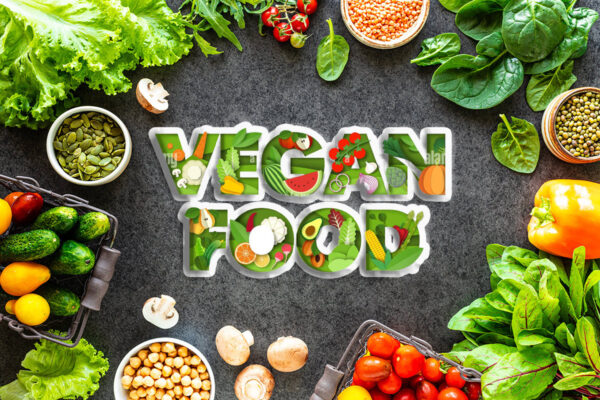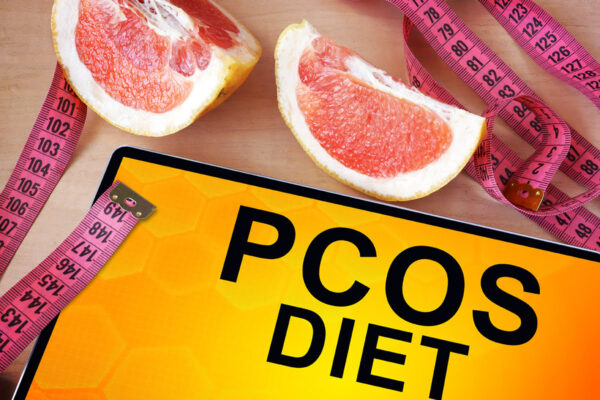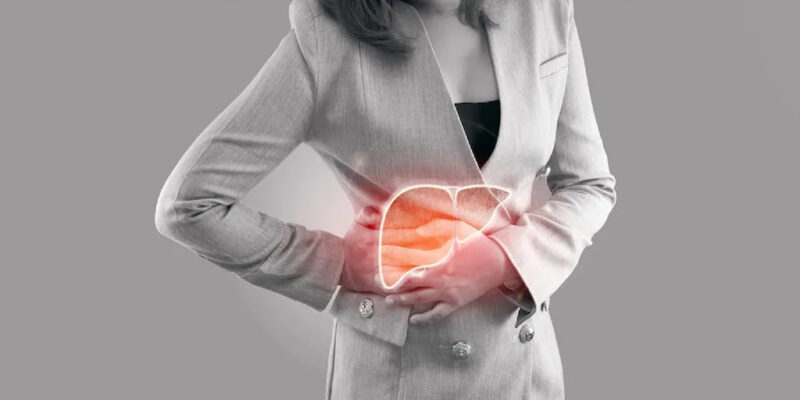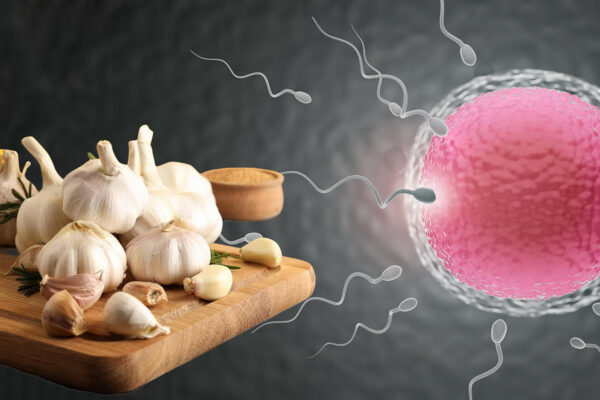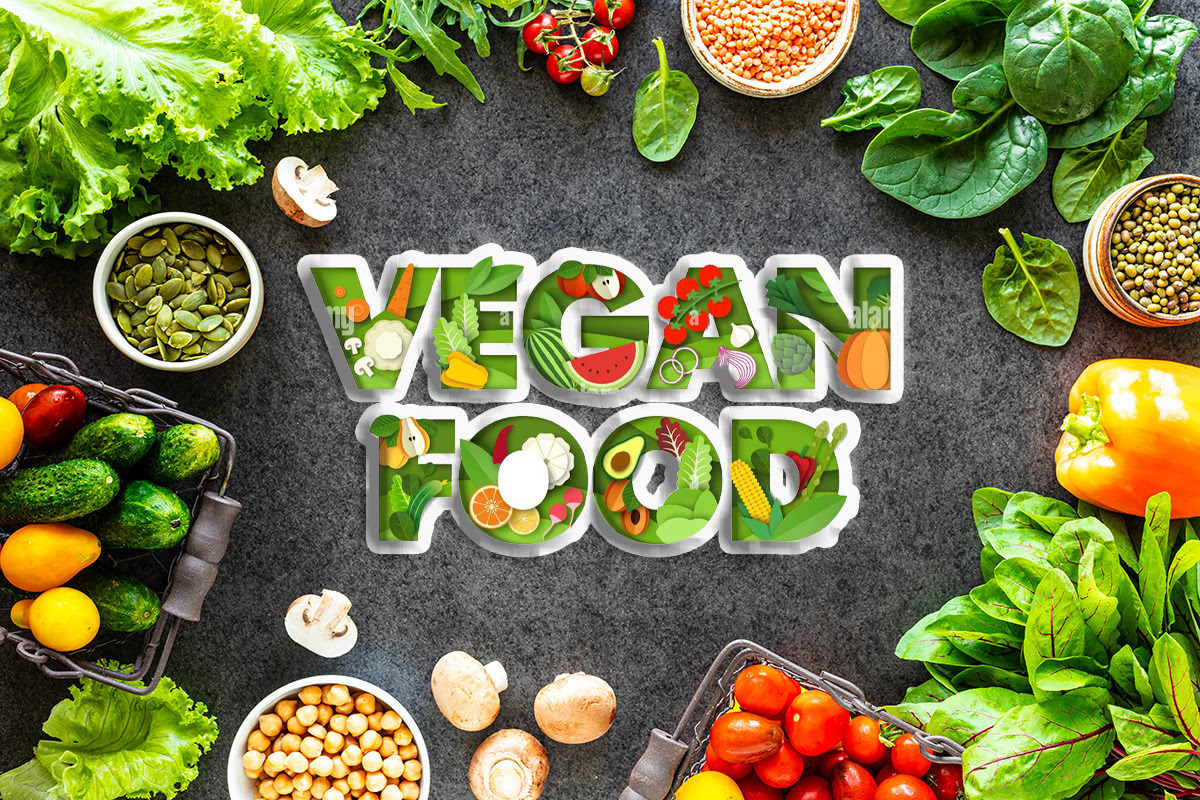
VEGAN DIET
A vegan diet contains only plants (such as vegetables, grains, nuts and fruits) and foods made from plants. Vegans do not eat foods that come from animals, including dairy products and eggs.
What You Can Eat
On a vegan diet, you can eat foods made from plants, including:
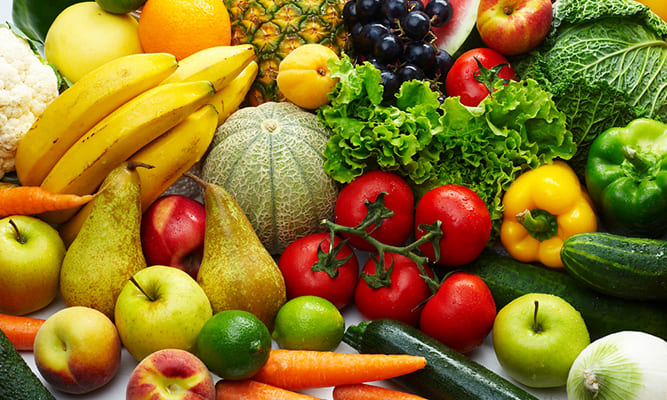
Fruits and vegetables
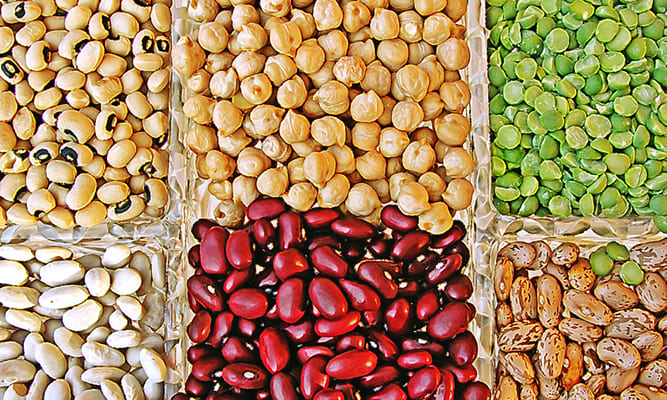
Legumes such as peas, beans, and lentils
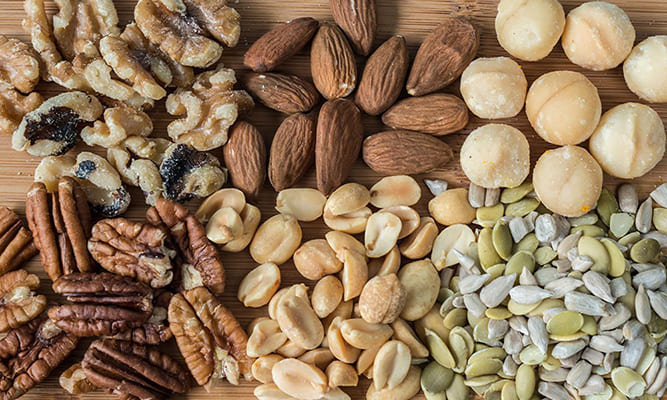
Nuts and seeds
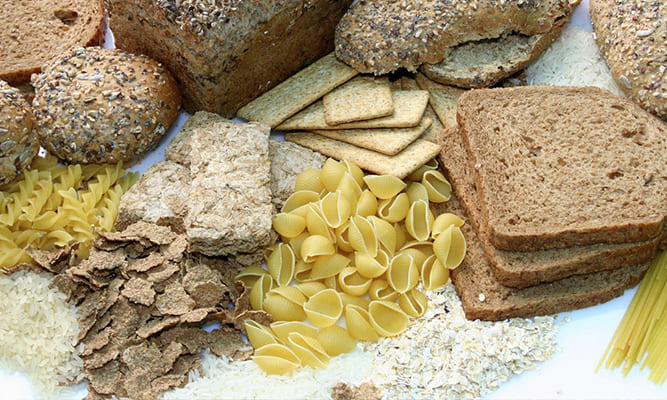
Breads, rice, and pasta
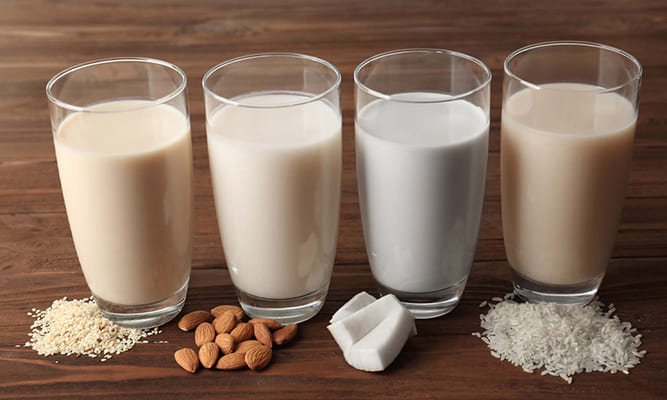
Dairy alternatives such as soymilk, coconut milk, and almond milk
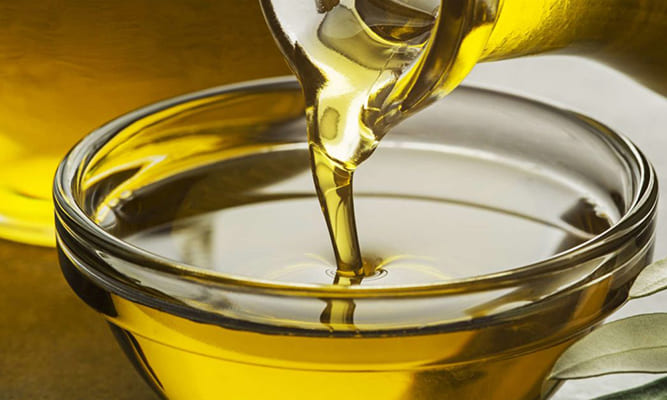
Vegetable oils
What You Can Not Eat
Vegans can’t eat any foods made from animals, including. Beef, pork, lamb, and other red meat Chicken, duck, and other poultry Fish or shellfish such as crabs, clams, and mussels Eggs Cheese, butter Milk, cream, ice cream, and other dairy products Mayonnaise (because it includes egg yolks) Honey
Health Benefits
Studies show that vegans have better heart health and lower odds of having certain diseases. Those who skip meat have less of a chance of becoming obese or getting heart disease, high cholesterol, and high blood pressure. Vegans are also less likely to get diabetes and some kinds of cancer, especially cancers of the GI tract and the breast, ovaries, and uterus in women.
Going vegan might even help you live longer, especially if you also cut down on your daily calories. Better weight control may be one reason for all of these health benefits. Vegans have a lower body mass index (BMI) than people who eat animal-based products.
Good nutrition is another perk. Fruits, vegetables, whole grains, and nuts are staples of the vegan diet. These foods are rich in fiber, antioxidants, and compounds that help protect against diseases like diabetes and cancer.
